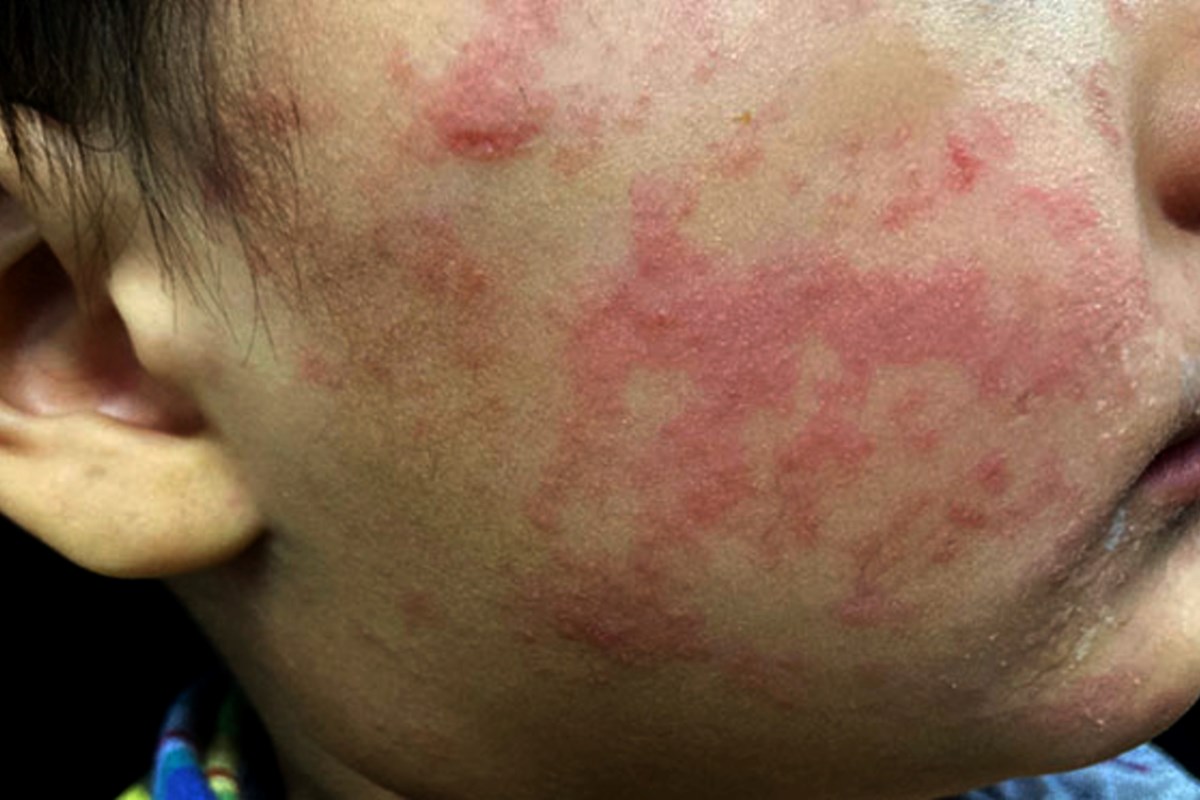Canadian scientists warn: Measles isn’t just a rash

Federation of neurologists says the virus is not harmless and is one of the most contagious on the planet, with infection bringing a serious risk of damage to the brain and nervous system, mostly to children With the recent spike in the number of measles cases across Canada, a warning bell has been sounded by the Canadian Neurological Sciences Federation (CNSF). That organization is warning the public that there are serious risks associated with measles; particularly the potential impact on the brain and nervous system. The CNSF is urging Canadians to take action by verifying their immune status, and if they are not protected, by consulting their doctor and getting vaccinated, said a news release. Dr. Michael Hill, president of the CNSF, said the disease can cause serious brain damage and even death. “Measles is one of the most contagious infectious diseases in the world, and it can lead to life-threatening complications,” said Hill. “In rare but devastating cases, measles can cause inflammation of the brain, and even years after recovery, can result in a fatal degenerative condition,” Hill added. CNSF said measles was eradicated in Canada as of 1998 and is re-emerging due to low vaccination rates. “Children under two years old who contract measles are at the highest risk of developing SSPE later in life,” said Dr. Sunita Venkateswaran, vice-president of the Canadian Association of Child Neurology and member of CNSF. “This is not just about preventing a rash and fever — this is about preventing irreversible brain damage and death.” In addition to complications such as pneumonia, the organization said measles can lead to encephalitis — swelling of brain tissue — which affects approximately one to three of every 1,000 children. This can result in permanent brain damage in 25 per cent of that number, along with blindness and deafness, said the release. Another concern is a condition known as Subacute Sclerosing Panencephalitis (SSPE). This is a rare but fatal neurological disorder that develops seven to 10 years after a measles infection, even in individuals who appear to fully recover. The CNSF release said vaccination remains the safest and most effective way to prevent measles and its serious complications. In Canada, the measles vaccine is typically administered as part of the MMR (measles, mumps, rubella) or MMRV (which also includes varicella) vaccine. One dose is estimated to be 85- to 95-per-cent effective, and a second dose increases efficacy 97-98 per cent.


















